More Priorities needed for Domestic Mechanical Enterprises
According to the Vietnam experts, an estimation of about tens of thousands billions VND are needed funding for developing key national projects on power, energy, transportation… Over many past years, Vietnam enterprises had accomplished a numerous works such as Son La and Lai Chau Hydropower Plants, Ca Mau 1 and 2 Thermal Power Plants, … and so far been well-confident to perform large-scale packages of those by their own capability with satisfaction of required safety and quality which brought remarkable efficiency to the country’s economy.
In fact, the number of these projects awarded to the domestic bidders became fewer but fell into the foreign bidders’ hand due to difficulty in bidding policy (both package and international bidding), in which some even were performed by them. If we make an overall analysis on basic factors on social and economic aspects especially the job creation for local labour resource, the effectiveness of the ones done by the foreign contractor might not be achieved.
So far Vietnamese enterprises have grown up and in step mastered the state-of-the-art technology, built the trade-mark and develop a stable domestic source of employments by their own through valued experience from these industrial projects.
In addition, multi-disciplinary policies on national industry development also issued by the Government under the direction of the Vietnam Communist Party had gradually formed the domestically mechanical market. However, the Vietnamese businesses still faced many difficulties in projects of the kind they performed with unexpected effectiveness. To take the Song Hau 1 project (LILAMA as the EPC Contractor) as an example for applying special policy on mechanical industry development, the rate of equipment localization has been achieved upon the regulation. In the future, the chance of contract winners shall be fallen into foreign bidder’s hand if new projects of the kind are open international bid, which means the localization rate equal to number ‘zero’.
Under series of challenging conditions such as limited domestic resources, the foreign partner’s favour for their contractor as they arranged the project fund, the domestic enterprises just joined as sub-contractors through which they had hardly accumulated professional and capital on their own. It made up a multi-aspect failure that lost the opportunities on more local employment creation, corporate capability improvement, trust and position affirmation; on the other hand, it also showed that the applicable orientations and policies were inefficiently and the conformity remained unserious. As a result, the above problems would become a barrier to target to the Strategy on Vietnam mechanical development in particular and the economy in general.
The story of being ‘hungry’ for local jobs has been continued and reduced the efficiency of the national projects. In some regional countries like Thailand, Brunei,… the usage of at least 10% home country’s employees is compulsory as a way of labour tightening when a project began. In addition, the whole bidding process must be public and transparent, and parts of package work were reserved for their possible local companies with no distinction of different funds, especially public investment. This experience should be considered to apply in Vietnam specifically from the stage of project preparation after package’s work breakdown. For example, the work packages that domestic bidders are capable to do shall be given to the relating units to follow, compare data and propose the optimal options aiming at restraint equipment and service import, by contrast, the domestic bidding in which a joint-venture of contractors between the local and potential foreign companies should be encouraged for technology mastering. This way shall create a sustainable market inside Vietnam and helps the economic multi-sectors focus on making in-depth investment, satisfying the domestic needs and more importantly, retaining the high-quality home labour resources.
The State should have a plan to support the domestic mechanical enterprises to increase the number of contract orders and have their own market through which they shall accumulate more experiences and improve the capability of simultaneously participating into several projects. Besides, incentive policies and technical barriers are needed building for encouraging the domestic businesses’ producing activities but not to break any regulation within the free trade agreements signed among Vietnam and other nations…


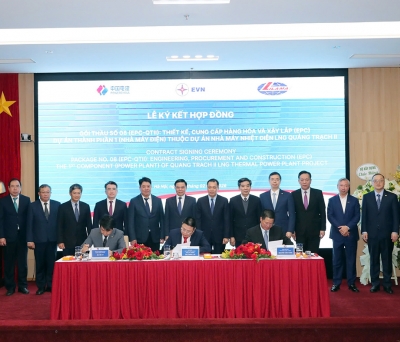

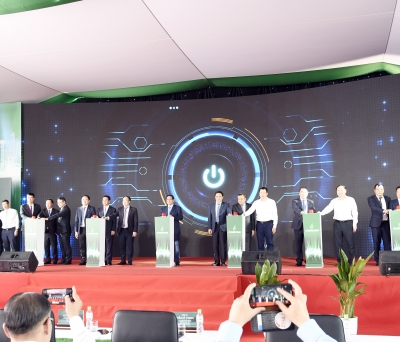
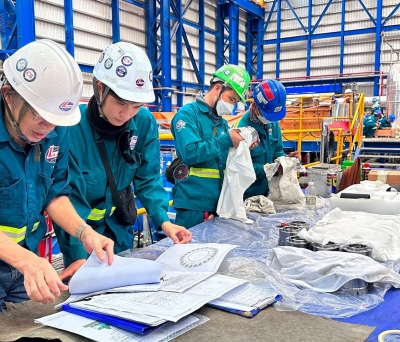
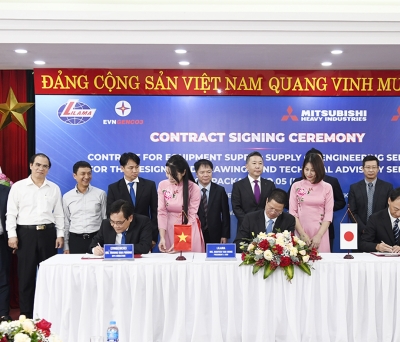

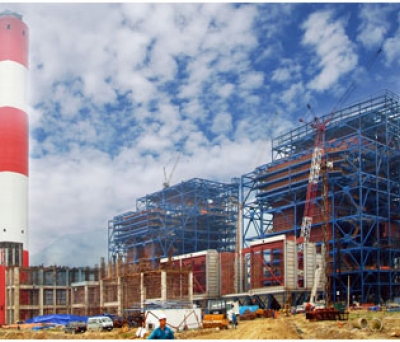
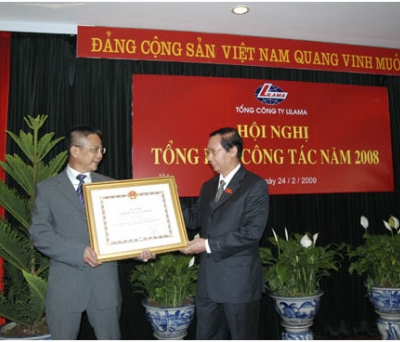
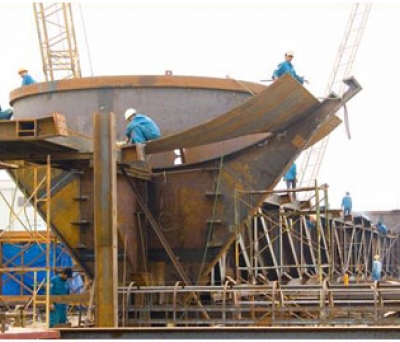
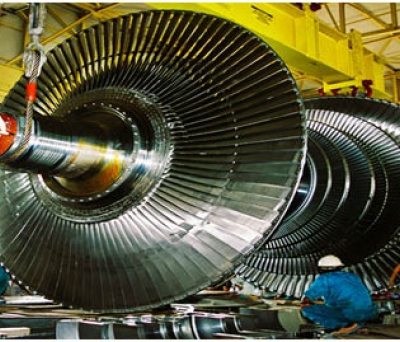

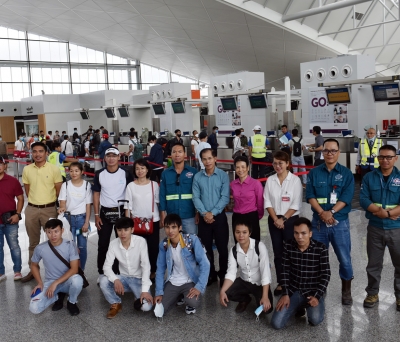
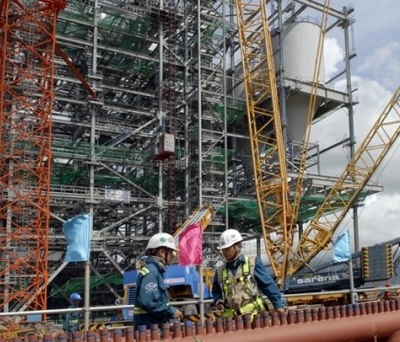
Minimum of 10 words Accented Vietnamese Does not contain links
Post a comment